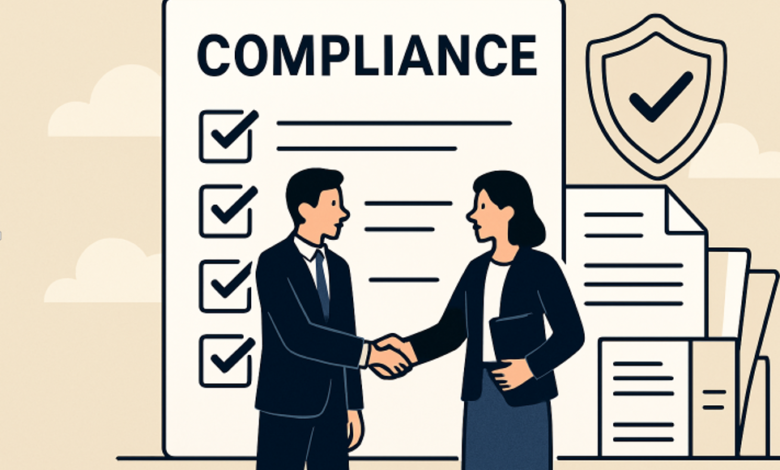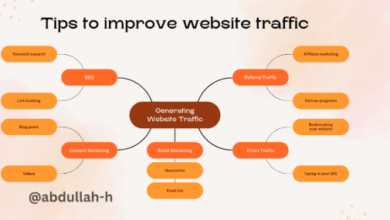Boosting Business Compliance Through Outsourced PEO Services

Why Compliance Efficiency Matters for Growing Companies
Compliance in today’s business environment involves following laws, regulations, industry standards, and ethical practices that govern operations. These requirements are constantly evolving, and failing to comply can result in legal penalties, reputational damage, and hindered growth. Non-compliance risks include fines, lawsuits, lost opportunities, and potential criminal liability, with challenges magnified during rapid business expansion due to larger workforces, multiple locations, and new market entries. This is where robust compliance support becomes vital, enabling businesses to focus on their core competencies while minimizing exposure. As organizations grow, managing compliance becomes increasingly complex, with evolving payroll rules, labor laws, and requirements related to the gig economy. HR leaders face mounting pressure in handling risk, onboarding, and documentation, which heightens the risk of errors. With stricter enforcement and higher stakes for mismanagement, regulatory oversights can carry serious consequences for both employees and the organization.
The Core Functions of PEO Services
Professional Employer Organizations (PEOs) serve as strategic partners for businesses seeking to streamline HR, payroll, and benefits. By entering a co-employment relationship, a PEO assumes crucial employer responsibilities and ensures regulatory compliance, allowing leaders to redirect their efforts toward strategic growth.
PEOs specialize in managing HR administration, processing payroll, and navigating complex employment laws and regulations. From tax filings to benefit plan compliance, they centralize the legwork, minimizing errors and reducing administrative burdens. Efficient PEO adoption leads to proven business outcomes: higher retention, increased productivity, and, most importantly, a dramatically improved compliance posture.
See also: The Importance of Technology Assessments and Strategies for Business Success
Compliance Bottlenecks Small and Mid-Sized Businesses Encounter
For many small and mid-sized organizations, the most significant compliance headaches include payroll tax regulations, wage and hour laws, anti-harassment policies, and benefit plan requirements. Missing deadlines or misapplying rules can trigger IRS penalties or Department of Labor investigations, both of which can be financially crippling.
The real-world consequences of compliance failures are severe. Consider a company fined for misclassifying employees, resulting in back taxes and steep penalties, or a business hit with a discrimination lawsuit due to outdated policies. Such missteps are often preventable with proactive systems that a PEO can provide.
Outsourcing PEO Services as a Strategic Solution
Partnering with a PEO streamlines pivotal compliance management tasks, including payroll administration, new hire reporting, labor law postings, and workplace safety programs. PEOs maintain dedicated teams with legal expertise, so businesses always have access to guidance aligned with current laws and regulations. For a deeper dive into these processes, HR professionals can reference resources like the HRMorning.
Unlike in-house HR management, which can struggle to keep pace with regulatory shifts, PEOs centralize updates and offer broad-based compliance monitoring. This reduces internal knowledge gaps and ensures steady adherence across the organization.
Additionally, PEOs invest in advanced technology platforms to track regulatory updates, reduce manual errors, and automate time-sensitive processes, helping companies stay audit-ready at all times.
Enhanced Risk Management With Professional Employer Organizations
Outsourcing HR and administrative functions to a qualified Professional Employer Organization (PEO) directly enhances a business’s ability to manage and reduce risk. By conducting regular compliance reviews, providing access to experienced labor attorneys, and offering up-to-the-minute insights into evolving regulations, PEOs ensure that companies remain fully aligned with legal and industry standards. This proactive approach helps prevent costly mistakes that could otherwise lead to significant financial penalties, litigation, or reputational damage.
For instance, consider a rapidly growing tech firm navigating complex employment laws across multiple states. After partnering with a PEO, the company received guidance on updating job classifications, refining internal policies, and training management teams on the latest labor regulations. As a result, the firm successfully avoided a $100,000 penalty related to wage misclassification—a risk that might have gone unnoticed without the PEO’s oversight.
Beyond avoiding fines, PEOs also equip businesses with the tools to anticipate potential compliance challenges before they escalate. From maintaining accurate documentation and ensuring proper employee classification to implementing best practices for workplace safety and benefits administration, PEOs create a structured environment that minimizes exposure to legal and operational risks. For businesses experiencing rapid growth or operating in heavily regulated industries, this level of protection can translate into both tangible cost savings and greater peace of mind.
Steps for Transitioning to Outsourced PEO Services
Before engaging a PEO, it’s crucial to assess your business’s pain points—look for recurring compliance lapses, HR bottlenecks, and areas of risk exposure. Prepare a checklist when evaluating potential partners:
- Can the PEO demonstrate deep knowledge of your industry’s compliance obligations?
- Does it offer customizable service packages?
- How frequently does it update clients on regulatory changes?
- Is their service backed by a track record of positive business impact?
Set clear milestones for onboarding, data integration, and reporting protocols to ensure a smooth process. A well-executed transition should result in fewer compliance errors, faster HR processes, and increased employee engagement.
Conclusion
Partnering with a Professional Employer Organization (PEO) provides growing businesses with a strategic approach to managing compliance, HR, and risk. PEOs help companies navigate complex and ever-changing regulations, reduce administrative burdens, and prevent costly penalties, allowing leaders to focus on growth and innovation. By centralizing payroll, benefits, and HR processes, PEOs improve efficiency, enhance employee satisfaction, and strengthen overall risk management. For businesses seeking sustainable growth, carefully evaluating needs and selecting a compliance-focused PEO ensures smoother transitions, measurable long-term benefits, and a solid foundation for continued success.





